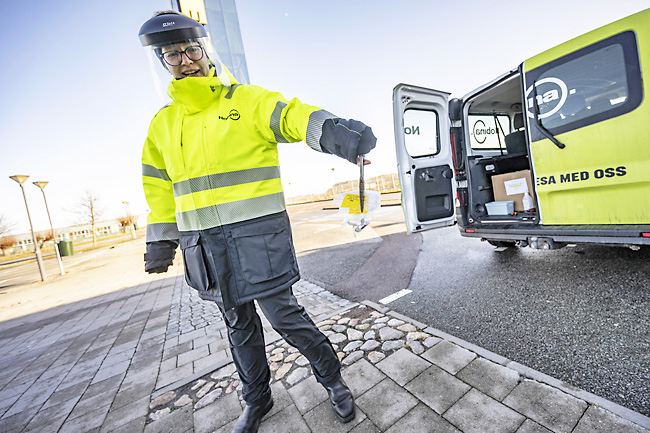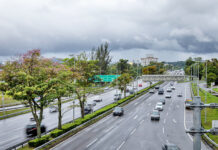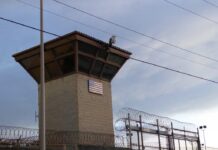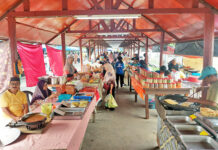STOCKHOLM (AP) – Sweden has halted wide-scale testing for COVID-19 even among people showing symptoms of an infection, putting an end to the mobile city-square tent sites, drive-in swab centres and home-delivered tests that became ubiquitous during the pandemic and provided essential data for tracking its spread.
The move puts the Scandinavian nation at odds with most of Europe, but some experts said it could become the norm as costly testing yields fewer benefits with the easily transmissible but milder Omicron variant and as governments begin to consider treating COVID-19 like they do other endemic illnesses.
“We have reached a point where the cost and relevance of the testing is no longer justifiable.” Swedish Public Health Agency Chief Karin Tegmark Wisell told the national broadcast SVT this week.
“If we were to have extensive testing adapted to everyone who has COVID-19, that would mean SEK500,000,000 a week (about USD55 million) and SEK2 billion a month (USD220 million),” Tegmark Wisell added.
Starting yesterday, only healthcare and elderly care workers and the most vulnerable will be entitled to free PCR testing if they are symptomatic, while the rest of the population will simply be asked to stay home if they show symptoms that could be COVID-19.
Antigen tests are readily available for purchase in supermarkets and pharmacies, but those results aren’t reported to health authorities. Private healthcare providers can also perform tests and offer certificates for international travel, but the cost won’t be reimbursed by the state or health insurance.

High vaccination rates in Sweden are creating optimism among health officials and a late 2020 study released on Tuesday showing antibodies present in 85 per cent of samples.
University of Exeter Medical School Senior Clinical Lecturer Dr Bharat Pankhania said with a substantial percentage of people vaccinated, “an informed, educated and knowledgeable population” can be trusted to isolate if they show symptoms without the need for “wholesale testing that is not going to be value for money”.
“Sweden is leading the way, and other nations will inevitably follow,” Pankhania said. “We don’t need extensive testing for the sake of testing, but we must look nevertheless in sensitive settings such as hospitals, nursing homes and other sensitive places where there are very vulnerable people.”
In 2021, the region of Stockholm alone spent the equivalent of more than USD320 million on PCR tests, money the government said could be better spent elsewhere.
For most of the pandemic, Sweden stood out among European nations for its comparatively hands-off response. It never went into lockdown or closed businesses, largely relying instead on individual responsibility to control infections. While coronavirus deaths were high compared with other Nordic countries, they were lower than many other places in Europe that did implement lockdowns.
Also yesterday, the country scrapped as of midnight its limits on how many people may gather at events or in restaurants, vaccine certificates can no longer be required and reduced operating hours have been cancelled for eateries.
Announcing the re-opening last week, Prime Minister Magdalena Andersson said that “the pandemic is not over but has entered a totally new phase”, and while infection rates have risen, it is not overly burdening hospitals.



















































